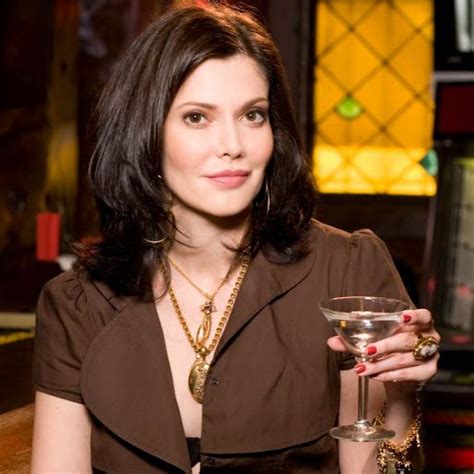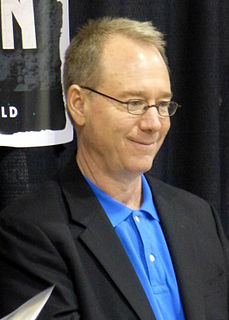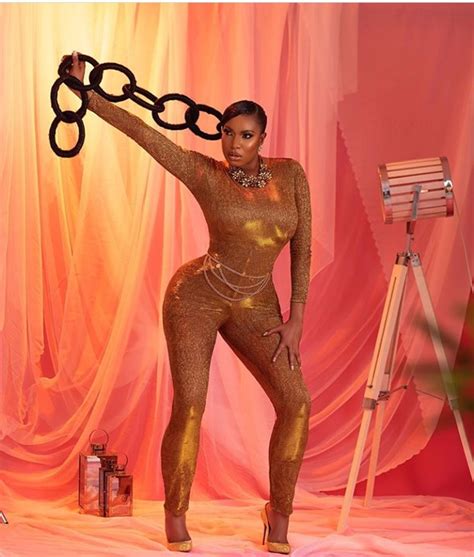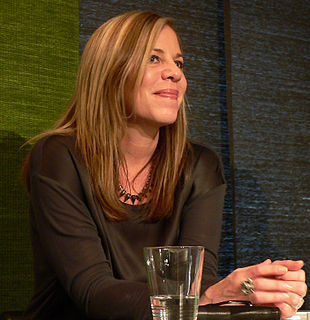A Quote by Elizabeth Blackburn
I decided I wanted to go to Cambridge, and then I got introduced to Fred Sanger. I was very conscientious, and I asked him when I first got there if I should start reading up on things. But he said, 'No, I think you can just start these experiments,' so I plunged right in.
Related Quotes
Ever since I was a about seven or eight; I think it was seven. My brother said "I want to start acting," and me and my sister just said, "Oh we'll try it, we'll see." It was just one of those things - we were just like, "Oh, we'll see what happens." So we ended up - all my siblings and me - we ended up just trying it, and I got that one role on In Plain Sight and then we just decided to keep going and see what happens. And then: Hunger Games.
I get asked to do benefits a lot and I've decided I've got to be a bit more discerning, I can't just do all of them. . . . I got asked to do a benefit for babies born addicted to crack. And I said well, all right, I'll help you raise money for them, but I think we both know what they're gonna spend it on.
Eventually I got asked to be in a Michael J. Fox sitcom called High School U.S.A. I didn’t think it was funny and said no. They doubled the money, and that kind of offended me. I realized, oh, that’s right, my opinion means nothing in Hollywood. I’d seen other people compromise, and I felt that once you gave up on what you wanted to do, you couldn’t go back. It was selling out. So I decided to go back to Minneapolis.
And I start to say, no. Start to ask him to please just take it off and put it away. Start to explain how it holds far too many memories for me. But then I remember what Damen said once about memories - that they're haunting things. And because I refuse to be haunted by mine - I just take a deep breath and smile when I say, "You know, I think it looks really good on you. You should defiantly keep it.
Corrival looked around. 'So is this it? Is everyone here? Erskine, maybe you should start the ball rolling. I have places to go and things to do.' 'Me?' Ravel asked. 'Why do I have to start it? You're the most respected mage here. You start it, or Skulduggery.' Skulduggery shook his head. 'I can't start it. I don't like most of these people. I might start shooting.
I loved wrestling, and I wanted to go out and entertain people and all that stuff, so I get trained, and when they decided, 'Hey, you're ready for a match, and you've got to start thinking about a character,' I was thinking this guy and this guy, and they go, 'No, no, no - you're a Muslim. You've got to be a bad guy.'
The Bible is forbidding when you start to read it. The language is odd. The stories start and stop herkily-jerkily. The characters behave in inexplicable ways. It takes a little bit of time to get into the rhythm of the book. I found reading the first 15 chapters of Genesis very very difficult. Once I got past there, I loved reading, and found it very easy. When you get used to the Bible, it becomes thrilling to read (like any great book - I just had exactly the same experience with the Odyssey).
I was never ambitious. I just wanted to have quiet, calm, listen to public radio and say, hello, how are you? Sit down, rest. But I had an early partner named Fred Freeman, a wonderful writer who I met at Northwestern. And I thought we were doing very well with "Jack Paar," and he said, no, we got to go to Hollywood. We got to write sitcom. It's the coming thing.





































